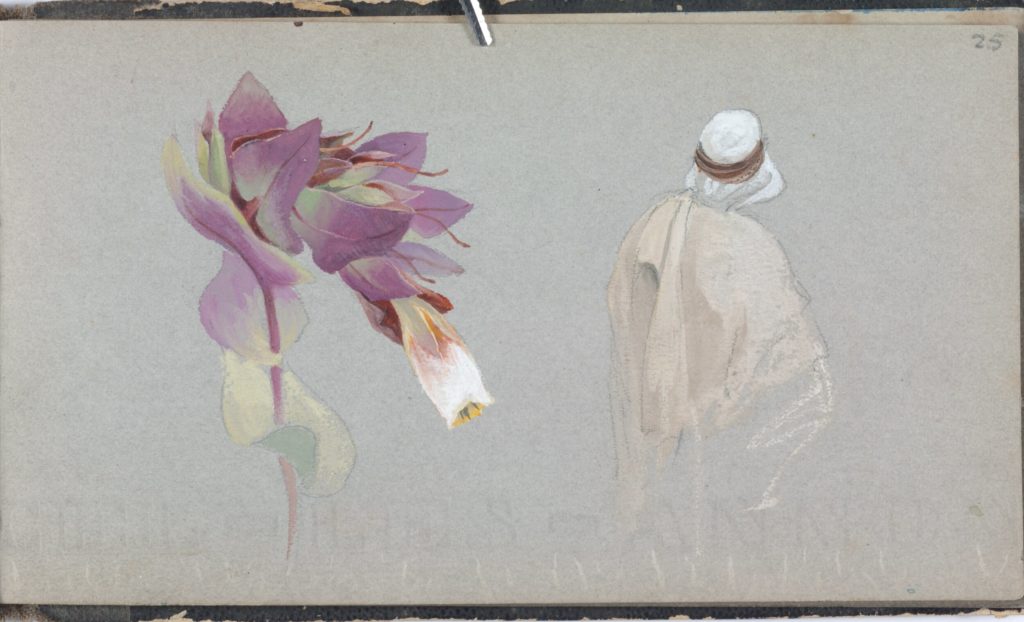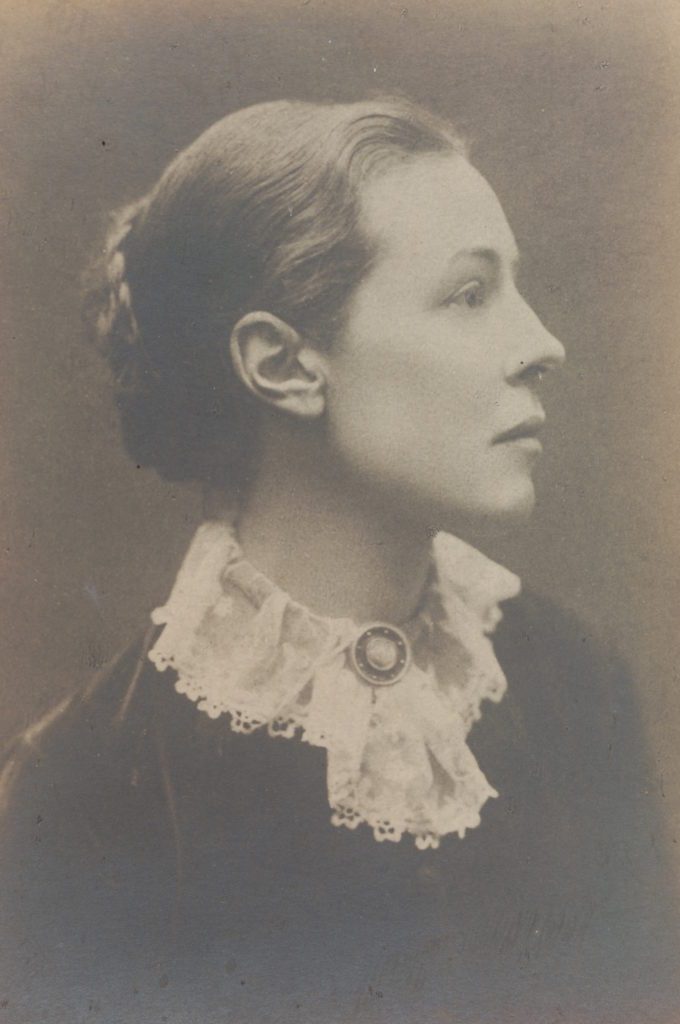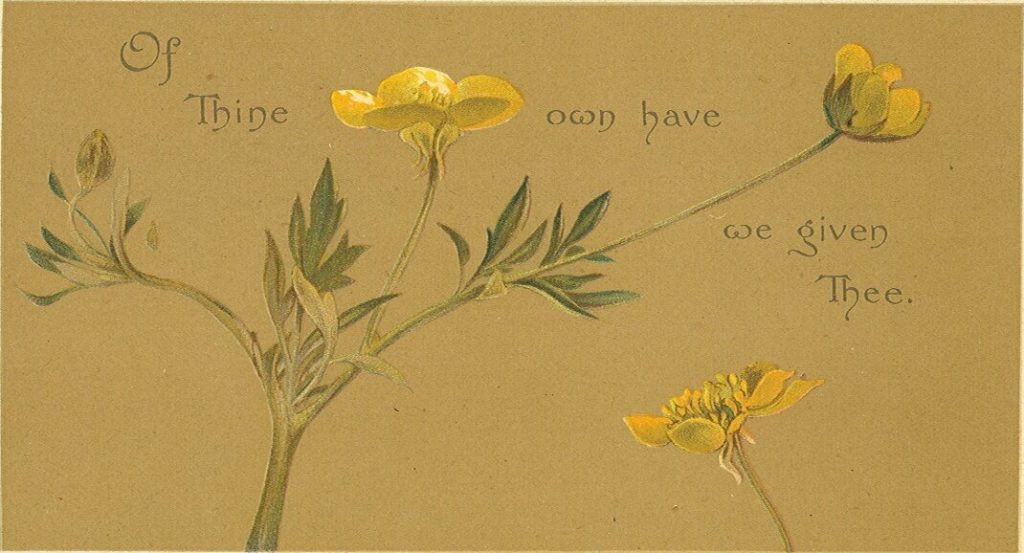the beginnings of a sacrificed life
Isabella Lilias Trotter grew up in London in the mid-nineteenth century. Her family was well-to-do, and she received a good education. From a young age, it was clear that she was a highly gifted artist, and the renowned art critic John Ruskin took great interest in her success as a painter. Though she loved painting, Lilias’ heart was occupied in other endeavors. After becoming a Christian, Lilias became involved in various ministries in and around London, including helping with the Moody revivals and working with women on the streets. During this time, she became convinced that she would not be able to fulfill Ruskin’s dreams for her art at the same time as being fully devoted to the work of ministry the Lord had called her to. Though it pained her for the rest of her life, Lilias gave up pursuing professional art.
““For the highest aim of ministry is to bring His immediate presence into contact with others—so to bring Him and them face to face that He can act on them directly, while we stand aside, like John the Baptist, rejoicing greatly.” ”
CALLed to go
Eventually, Lilias felt certain that God was calling her to North Africa. Because her health issues prevented her from being sent by a missions agency, she and a few other single women simply moved to Algiers, supporting themselves at first through their families’ money. Though their first few years of life and ministry were fraught with difficulties and a steep learning curve, the women persevered. They learned the language, became acquainted with the culture, and earned the trust of the people. During this time the group became officially known as the Algiers Mission Band (AMB).
After the initial difficulties beginning their mission, Lilias and her coworkers saw several years of ministry growth in both numbers and geography. The AMB ministered through both evangelism and Bible study as well as community development, literature translation and distribution, and more. In many ways, the AMB was ahead of their time in areas like contextualization and encouraging single women to serve as missionaries. Lilias believed that the way to bring Christ into North Africa was through the women and mothers, and she encouraged women in England to come and be a part of reaching them with the gospel.
a Lasting Influence
Lilias herself translated the New Testament into colloquial Algerian Arabic and wrote several works, including parables for sharing the gospel and apologetics for Sufi mystics. Besides all these, she kept a diary every day for the forty years she ministered in North Africa, and she used her artistic gifts to illustrate many of her works with beautiful desert scenes or intricate flowers. When she was homebound towards the end of her life, one of Lilias’ last great efforts was to pen a book about North African people groups for English-speaking Christians to help them to understand and to encourage them to come join the work. In reading her works, one will see that Lilias had a heart in love with the Lord, his Word, and his world. She writes eloquently of the work of Christ and its transformative effects on believers and continually emphasizes that Christ alone is the one who has the power to save, the one on whom she relies.
Lilias remained single throughout her life. She broke many stereotypes of her time period, rejecting a successful career path, brilliantly organizing a new mission group initially made up entirely of women, recruiting single women to join her team, traveling throughout potentially dangerous lands, and engaging in debate with Muslim mystics.
embodying a broken spirit
Lilias Trotter left the world a stunning example of a woman completely yielded to God’s will. She lives on in her extensive writings, beautiful paintings, and the continuing work in North Africa that was started by the Algiers Mission Band. She and her team embodied missiological and theological principles which still apply to cross-cultural work today, and her passionate love for the Lord and the lost inspire anyone who reads her works. Trotter embodied the principles from her own pen: “it is a broken spirit that we need–a spirit keeping no rights before God or man, longing to go down, down, anywhere, if other souls may be blessed.”[2][3]
Rebecca Hankins is a photographer at Southeastern Baptist Theological Seminary and holds an MA in Intercultural Studies from SEBTS. She enjoys serving on the leadership team for the Society for Women in Scholarship at SEBTS and is a member of the Summit Church. After completing further study, she hopes to serve the church by doing cross-cultural ministry, teaching, and writing.
[1] I. Lilias Trotter, Parables of the Christ-life
[2] Trotter, Parables of the Christ-life
[3] This article is adapted from an unpublished paper by the author



